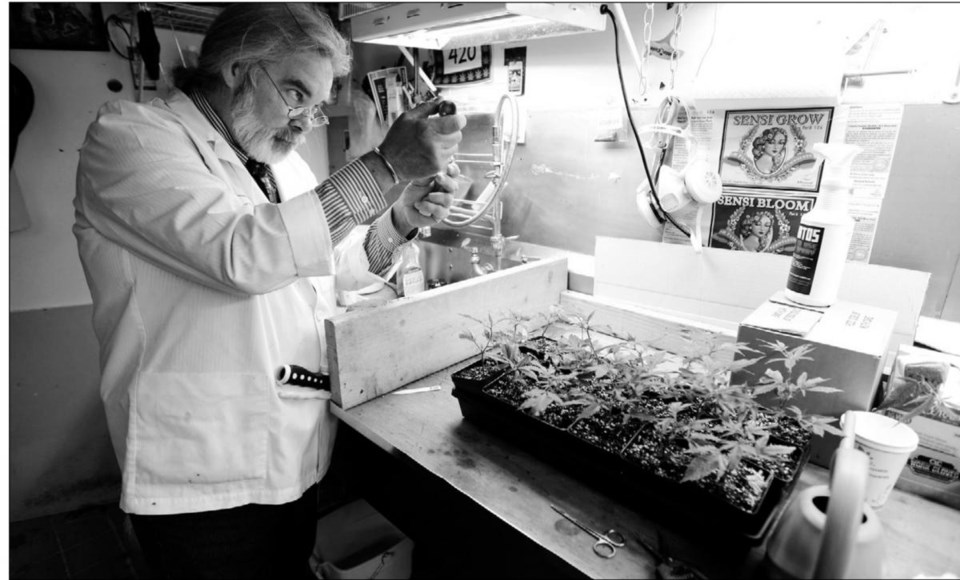Should marijuana be treated like alcohol? Or should it remain in the same legal category as heroin and the most dangerous drugs?
Votes this week by Colorado and Washington to allow adult marijuana possession have prompted what could be a turning point in the conflicted and confusing war on drugs in the United States.
Colorado's governor and attorney general spoke by phone Friday with U.S.
Attorney General Eric Holder, with no signal whether the U.S. Justice Department would sue to block the marijuana measures. Both states are holding off on plans to regulate and tax the drug while waiting to see whether the Justice Department would assert federal authority over drug law.
Meanwhile, prosecutors in Washington's largest counties dropped all pending misdemeanour cases of marijuana possession Friday in response to that state's vote to legalize the drug.
The Obama administration has largely turned a blind eye to the 17 states that currently flout federal drug law by allowing people with certain medical conditions to use pot, something banned under federal law.
A spokesman for Colorado Gov. John Hicken-looper said that during Friday's talks, state officials asked Holder for the federal government's response to the marijuana vote but didn't get one.
The Colorado officials "emphasized the need for the federal government to articulate what its position will be. ... Everyone shared a sense of urgency and agreed to continue talking about the issue," spokesman Eric Brown said in an email. No date for further talks was announced, he said.
Hickenlooper opposed the ballot measure and has downplayed the likelihood of a commercial marijuana market materializing in Colorado.
"If it's still illegal under federal law, I can't imagine that 7-Eleven is ever going to sell it," he said.
In Washington state, a spokesman for Gov. Chris Gregoire said that Gregoire would respect the will of the people. "We are entering uncharted waters and many questions lie ahead as we work to implement this law," spokesman Cory Curtis said.
Justice Department spokeswoman Nanda Chitre said enforcement of the federal Controlled Substances Act remained unchanged.
"In enacting the Controlled Substances Act, Congress determined that marijuana is a Schedule I controlled substance," Chitre said. "We are reviewing the ballot initiative and have no additional comment at this time."
In Washington state, marijuana possession of an ounce or less would become legal on Dec. 6 if the measure is not blocked, though setting up a state-run sales operation would take a year.
If Colorado's marijuana ballot measure is not blocked, it would take effect by Jan. 5, the deadline for the governor to add the amendment to the state constitution.
The measure allows adults to possess up to an ounce of marijuana, and six marijuana plants, though public use of the drug and driving while intoxicated are prohibited.
Colorado's measure also directs lawmakers to write regulations on how pot can be sold, with commercial sales possible by 2014.



